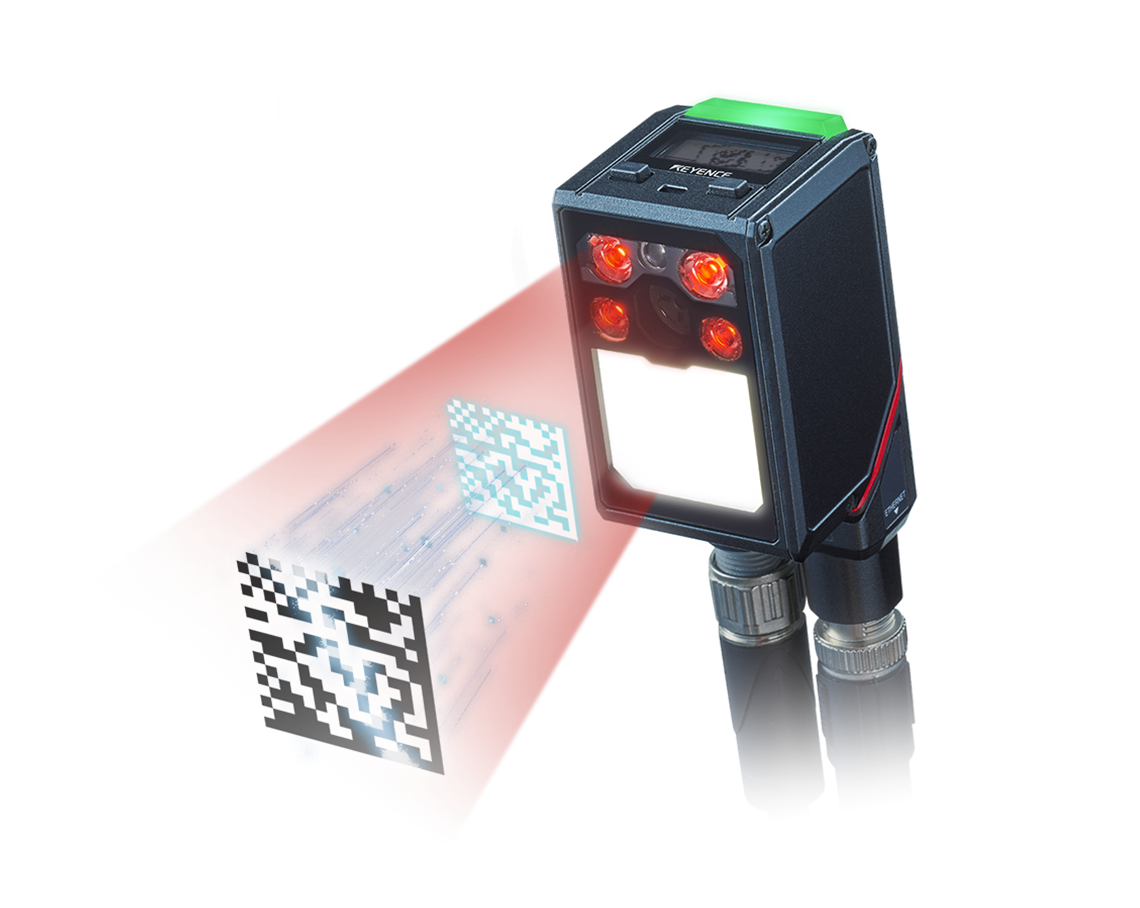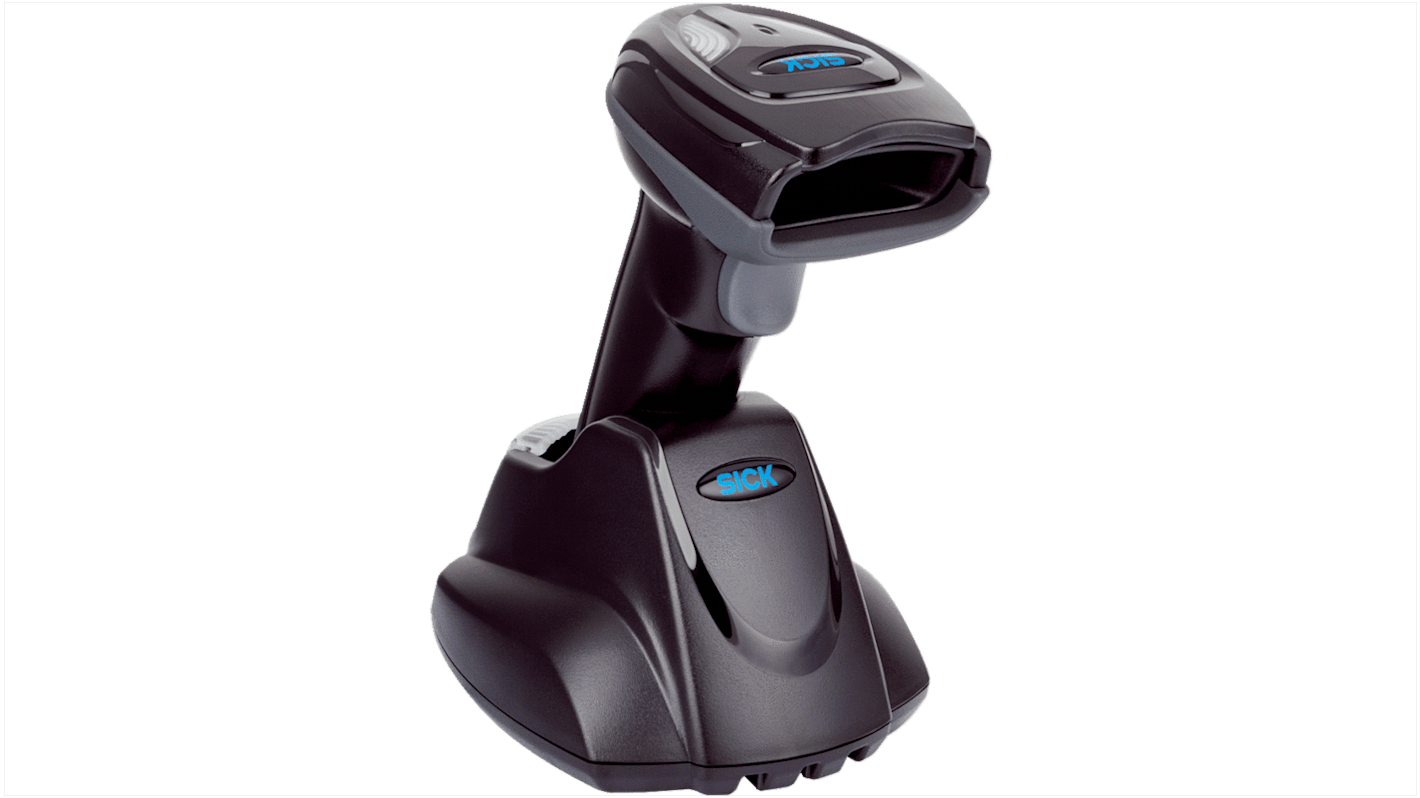Compact Barcodes Scanners for Simple Scanning
Why Barcode Scanners Are Essential for Modern Retail and Warehousing
In the quickly progressing landscape of retail and warehousing, the integration of barcode scanners has come to be a crucial component in improving operations and improving precision. As organizations strive for competitive benefit, recognizing the multifaceted advantages of barcode modern technology exposes its vital role in maximizing resource allocation and fostering durable distributor partnerships.
Benefits of Barcode Scanners
Barcode scanners supply numerous benefits that significantly boost operational effectiveness in retail and warehousing environments. The automation of data access refines eliminates the errors generally connected with hands-on input, causing boosted precision in inventory tracking and sales purchases. With the capacity to promptly scan products, businesses can quicken checkout times, improving the customer experience and decreasing wait times.
Moreover, barcode scanners promote real-time information collection, permitting prompt updates to stock levels and sales records. This capacity allows businesses to react quickly to adjustments popular and optimize stock degrees, decreasing excess supply and reducing stockouts. In addition, the integration of barcode scanners with supply administration systems streamlines procedures such as order fulfillment and product returns, better improving functional effectiveness.
Expense financial savings are one more vital advantage. By decreasing labor prices connected with hands-on supply monitoring and reducing errors that can bring about financial losses, barcode scanners add to general success. Their convenience of use and mobility make them accessible for personnel training, making sure that workers can rapidly end up being competent in their operation. Generally, the application of barcode scanners is a critical investment that generates substantial returns in performance and functional quality.
Enhancing Supply Administration
Reliable inventory management is critical for maintaining functional efficiency in retail and warehousing setups. Barcode scanners play a critical role in this procedure by streamlining the monitoring of stock levels, item places, and stock motions. By automating data capture, these tools decrease human error, leading to even more exact stock documents.
Making use of barcode scanners allows real-time visibility right into supply quantities, permitting services to make informed choices relating to reordering and stock rotation. This immediacy aids avoid overstocking or stockouts, both of which can adversely affect customer complete satisfaction and profit margins.
Additionally, barcode scanning helps with reliable stock audits. With fast scanning abilities, personnel can perform stock checks promptly, guaranteeing that discrepancies are recognized and corrected promptly. Improved supply accuracy not just sustains operational performance however additionally strengthens connections with suppliers, as exact information can cause far better negotiation terms and enhanced order gratification.

Improving Checkout Effectiveness
As customers progressively demand quicker and more reliable purchasing experiences, improving check out processes has actually come to be a top priority for retailers. Carrying out barcode scanners plays a crucial duty in this endeavor, considerably enhancing the transaction process. By allowing cashiers to check items rapidly, barcode modern technology decreases the time invested in each sale, therefore shortening general wait times for clients.
In addition, barcode scanners help with the exact identification of products, reducing the capacity for mispricing and making sure that clients are billed correctly. This performance not just boosts consumer contentment yet likewise improves the retailer's functional effectiveness. With the capacity to process several products in fast sequence, stores can take care of high quantities of deals during top her response shopping hours without giving up solution high quality.
Additionally, incorporating barcode scanners with point-of-sale systems allows real-time stock updates, giving beneficial understandings into stock degrees. This immediacy enables retailers to take care of inventory better, guaranteeing that prominent products stay in stock and decreasing the probability of lost sales. Generally, the fostering of barcode scanning technology is crucial for improving checkout effectiveness, ultimately resulting in enhanced customer experiences and boosted sales for stores.
Reducing Human Mistake
In retail and warehousing settings, the execution of scanning technology considerably minimizes human mistake during purchases. Typical manual entry of product information is prone to errors, consisting of wrong rates, misidentified things, and information access mistakes. barcodes scanners. Barcode scanners streamline this process by automating the capture of item data, guaranteeing accuracy and consistency
By using barcode scanners, staff members can promptly check products as opposed to manually inputting details. This automation reduces the risk of human oversight, providing a more dependable transaction process. Researches reveal that mistakes in stock management can lead to pricey disparities, impacting supply levels and customer complete satisfaction. Barcode scanning reduces these threats by boosting the precision of supply counts and sales records.
Furthermore, barcode scanners improve accountability within the workforce. On the whole, the fostering of barcode technology is a crucial action toward accomplishing functional excellence in retail and warehousing setups.
Future Patterns in Barcode Innovation
The evolution of barcode innovation is positioned to change retail and warehousing operations in the coming years, driven by innovations in automation, information analytics, and mobile combination. As markets significantly adopt Net of Things (IoT) systems, barcode scanning will come to be integral to real-time inventory monitoring and supply chain optimization. Enhanced data analytics abilities will certainly enable companies to harness scanned info for anticipating analytics, improving demand forecasting and stock turnover.

Furthermore, the assimilation of expert system with barcode technology guarantees to improve processes via clever acknowledgment and error discovery. As maker knowing algorithms analyze checked information, they can provide understandings that aid stop stockouts and overstock circumstances.

Conclusion
Finally, barcode scanners play a pivotal duty in contemporary retail and warehousing by enhancing supply management, boosting check out efficiency, and dramatically minimizing human error. The assimilation of barcode technology not just improves procedures but additionally fosters here are the findings far better provider partnerships and enhances source allotment. As modern technology remains to advance, the future of barcode scanning promises additional advancements that will drive functional efficiency and earnings in increasingly open markets.